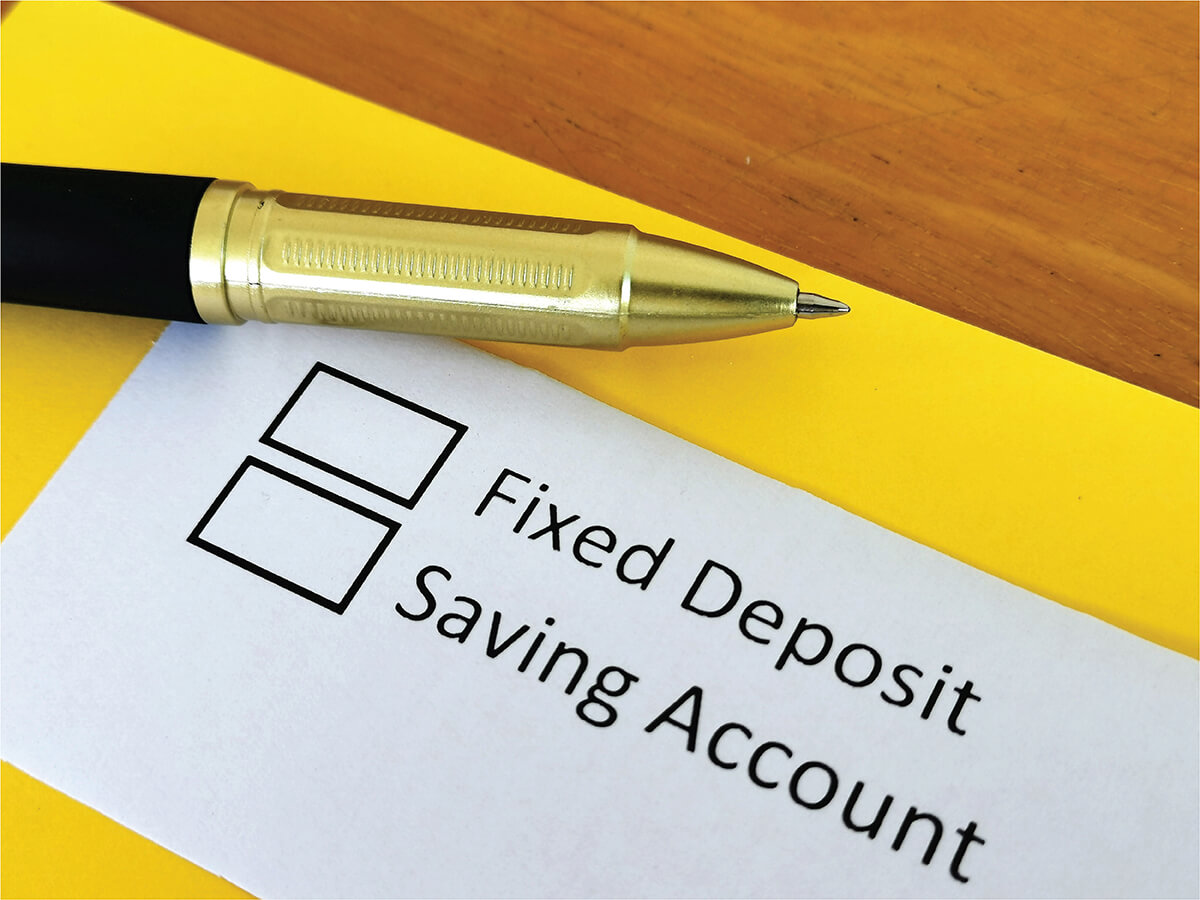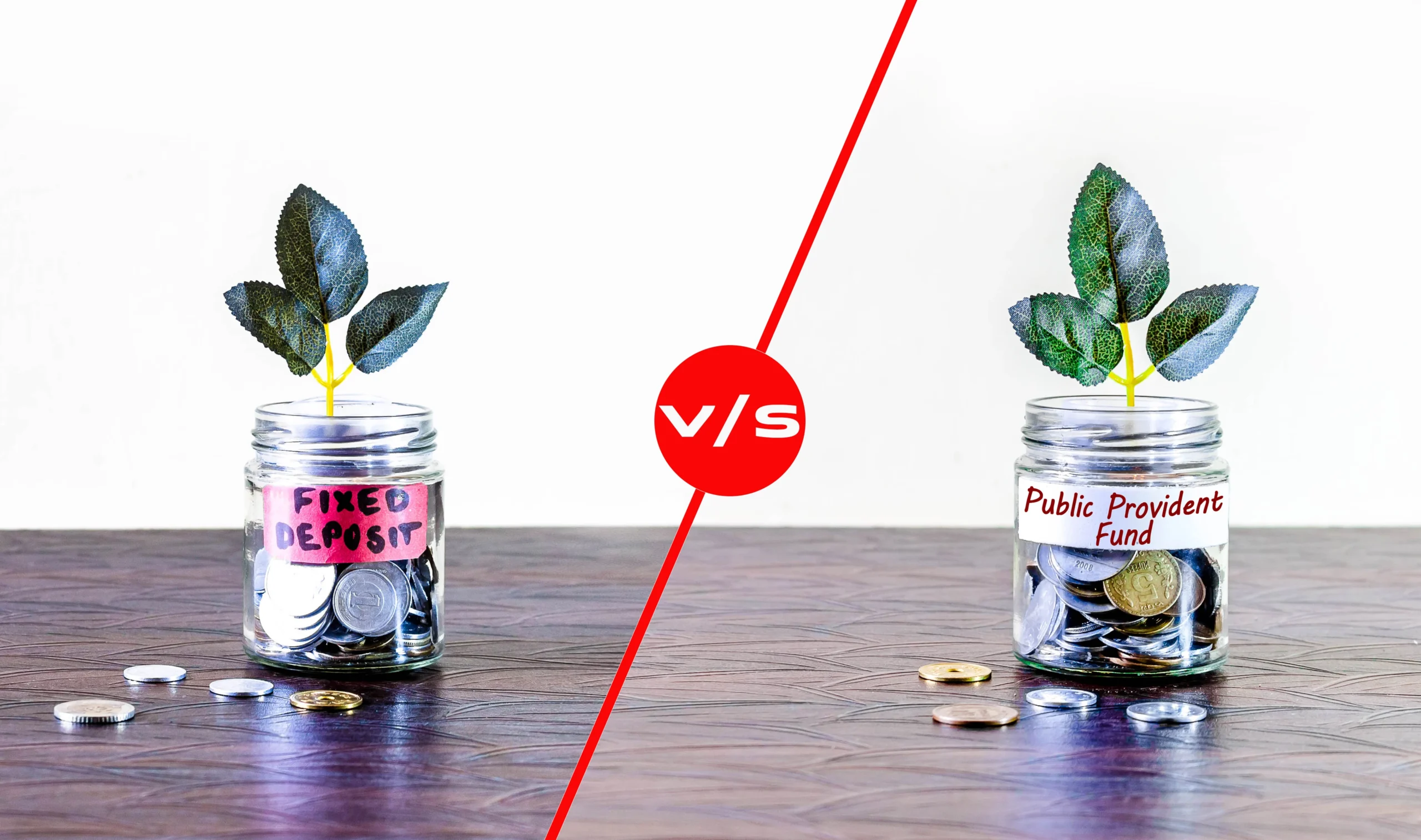Getting started: Fixed deposit vs savings account
Saving money is an important step towards achieving your life goals. However, simply saving money in a regular account may not be enough, as it doesn't earn any returns. This is where investing your money comes into play. Two popular options for investing your funds are fixed deposits and savings accounts. While both offer returns on your investment, they serve different purposes.
In this article, we will explore the differences between fixed deposits vs savings accounts and help you decide which option is best for you.
Understanding fixed deposits (FDs)
Fixed deposits are a commonly preferred investment option due to their safety and ability to provide stable returns. Here are some key benefits of fixed deposits:
- Assured Returns: One of the main reasons people choose fixed deposits is because they offer assured returns. Unlike market-linked investments, FD rates remain constant throughout the tenure.
- Flexible Tenure: Fixed deposit tenures can range from as short as 7 days to as long as 10 years. This flexibility allows you to align your investment with your financial goals.
- Additional Interest for Senior Citizens: Senior citizens enjoy an additional 0.50% interest apart from the regular FD rate on their fixed deposits.
- Automatic Renewal Facility: With auto-renewal, your FD will be automatically renewed for the same tenure upon maturity, ensuring no loss of interest.
- Overdraft Facility: In certain cases, you can avail of an overdraft facility against your fixed deposit, allowing you access to funds in case of emergencies.
Exploring savings accounts
A savings account is a basic bank account that provides a safe place to park your money while earning some interest. Here are some reasons why you should consider having a savings account:
- Safe Place for Funds: Your money is securely deposited in a savings account, making it an ideal option for storing your funds.
- Easy Access to Funds: You can easily access your funds through ATM services and make transactions or transfers as needed. This accessibility proves useful in emergencies.
- Convenient Payments: A savings account allows you to make regular transactions, bill payments, and other financial activities with ease.
Comparison: Fixed deposit vs savings account
Now that we understand the benefits of both fixed deposits and savings accounts, let's compare savings account vs FD based on key factors:
- Returns: When it comes to generating returns, fixed deposits generally offer higher interest rates compared to savings accounts. FD rates are usually fixed at the time of investment, while savings account interest rates may vary.
- Liquidity: While a fixed deposit provide stability and assured returns, they come with a lock-in period during which you cannot withdraw your funds without incurring penalties. In contrast, savings accounts offer high liquidity, allowing you to withdraw your money whenever required.
- Risk: Fixed deposits are considered low-risk investments as they provide guaranteed returns. On the other hand, savings accounts carry minimal risk since they are insured by the Deposit Insurance and Credit Guarantee Corporation (DICGC) for up to ₹5 lakhs per depositor per bank.
- Financial Goals: A fixed deposit is ideal for achieving specific financial goals, such as saving for a down payment on a home or funding higher education expenses. Savings accounts, on the other hand, are better suited for short-term goals or emergency funds.
- Tax Implications: The interest earned from a fixed deposit is taxable, while savings account interest up to ₹10,000 per year is exempt under Section 80TTA of the Income Tax. You can also calculate interest on fixed deposit using a FD interest calculator.
Additional read: PPF vs FD : Which One To Choose
Conclusion
The main difference between a savings account and a fixed deposit account lies in their interest rates and accessibility of funds. If you have specific financial goals that require a higher return on investment with lower liquidity needs, then fixed deposits might be the right choice for you. On the other hand, if you require easy access to your funds or prefer low-risk options with high liquidity, a savings account would be more suitable.At Mahindra Finance, we understand the importance of making the right investment choices. Whether you're considering fixed deposits vs savings accounts, our range of financial products is designed to cater to your needs.
FAQs
Q: What is the difference between a fixed deposit and a savings account?
A: The main difference lies in their purpose - fixed deposits are meant for long-term investments with higher returns, while savings accounts provide easy access to funds for daily transactions.
Q: Are fixed deposits better than savings accounts?
A: It depends on your financial goals and liquidity needs. Fixed deposits offer higher returns but have a lock-in period, while savings accounts provide more flexibility.
Q: Can I withdraw money from a fixed deposit before maturity?
A: Yes, you can withdraw money from a fixed deposit before maturity; however, it may incur penalties and lower interest rates.
Q: Which option is safer - fixed deposits or savings accounts?
A: Both fixed deposits and savings accounts are considered safe as they are regulated by banks and insured up to ₹5 lakhs per depositor per bank by the DICGC.
Q: Do I need to pay taxes on the interest earned from my fixed deposits?
A: Yes, the interest earned from fixed deposits is taxable as per your income tax slab.






















































